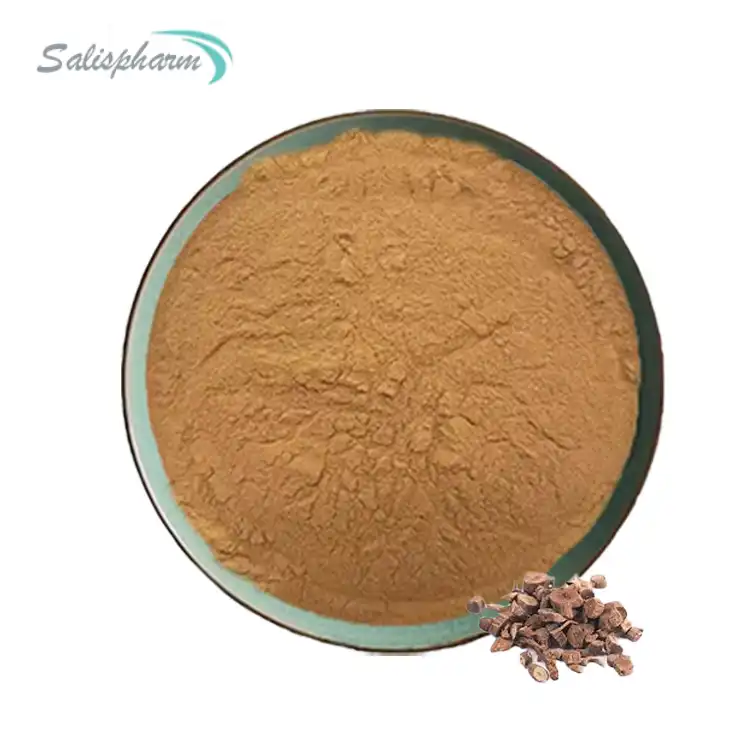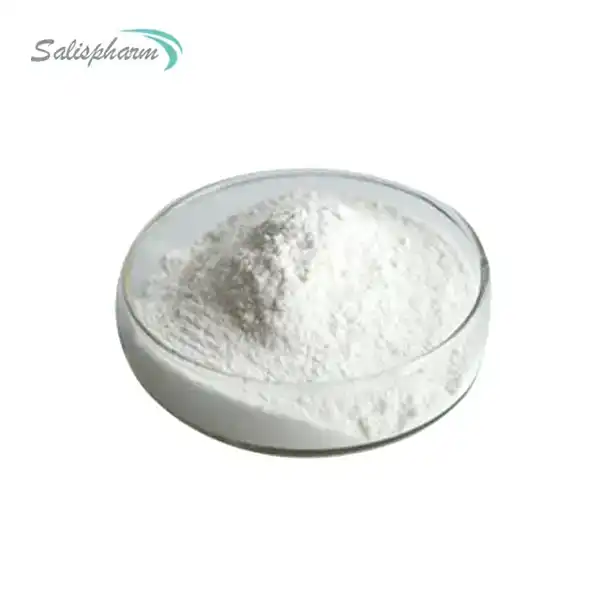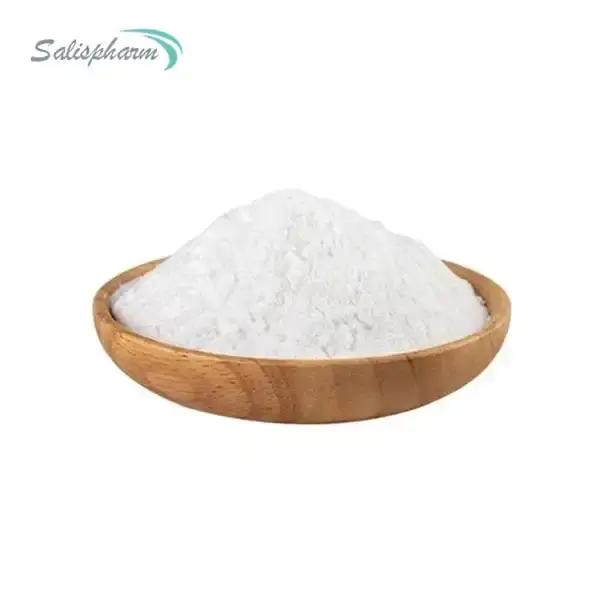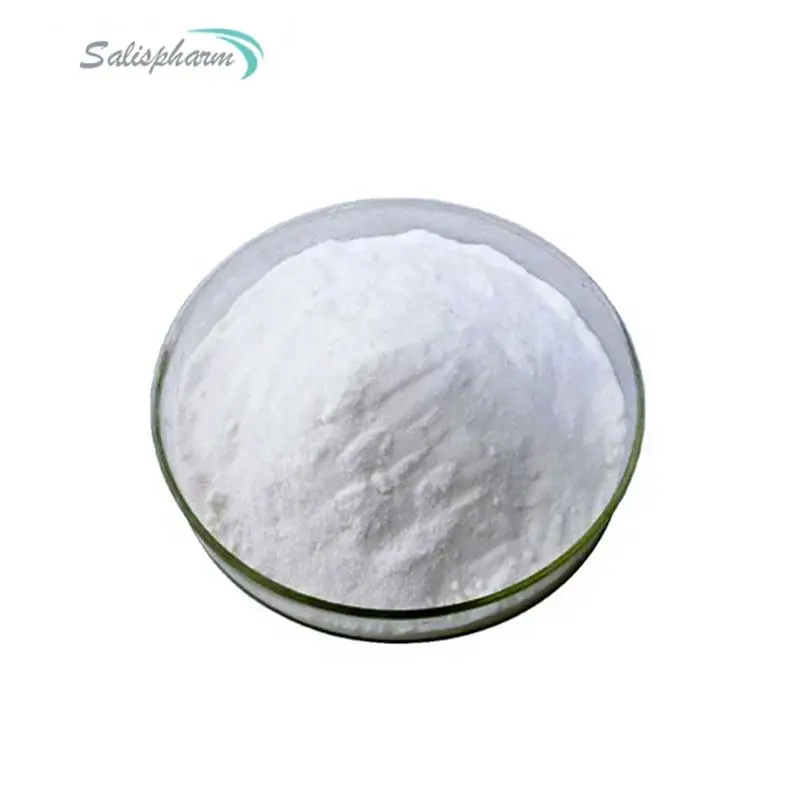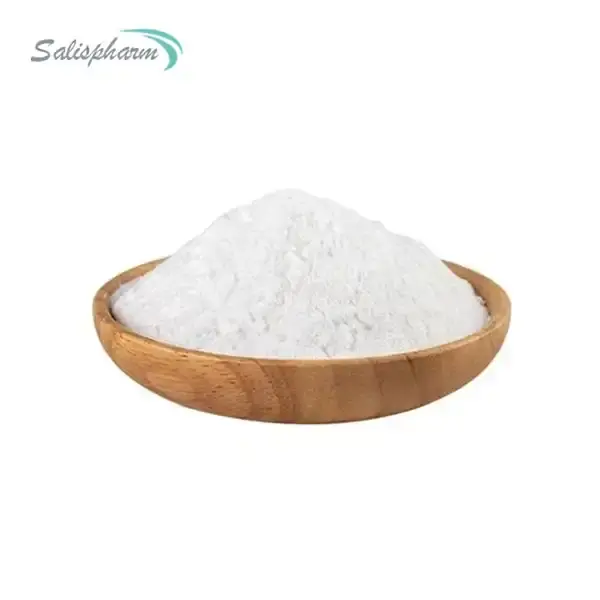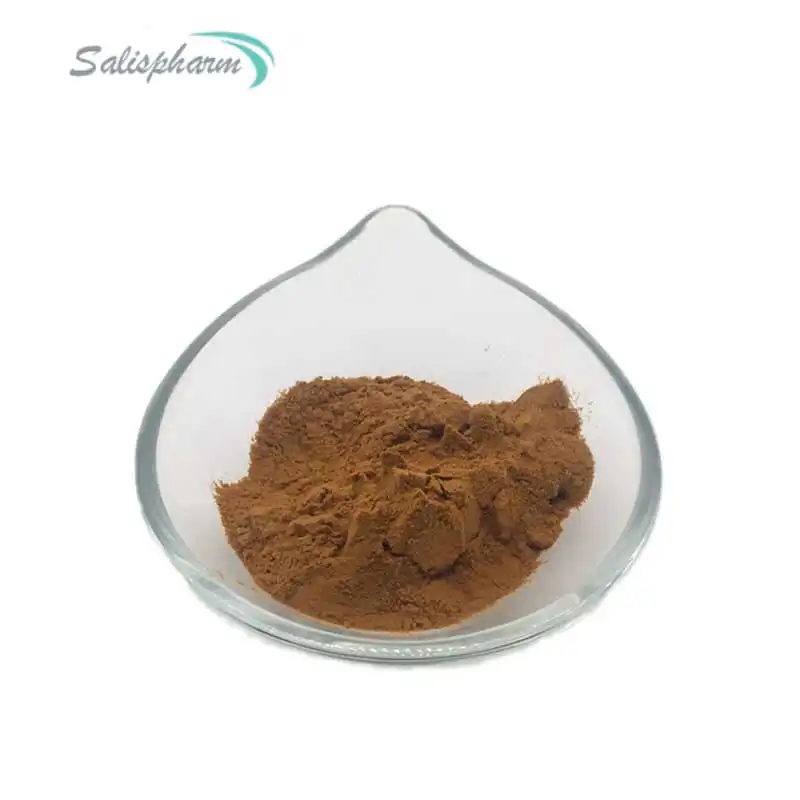Benzocaine powder is a widely used local anesthetic with numerous applications in both medical and cosmetic fields. This versatile compound is known for its ability to numb specific areas of the body, making it an invaluable tool in various procedures and treatments. In this blog post, we'll explore the common applications of benzocaine powder and address some frequently asked questions about its use and availability.
Where can I buy cheap benzocaine powder?
When seeking to purchase benzocaine powder at competitive prices, it's essential to consider various factors to ensure you're getting a quality product while also being mindful of cost. Here are some options and considerations for buying cheap benzocaine powder:
1. Online chemical suppliers: Many reputable online chemical supply companies offer benzocaine powder at competitive prices. These suppliers often cater to businesses, researchers, and professionals who require bulk quantities. When purchasing from these sources, it's crucial to verify the supplier's credentials and ensure they comply with all relevant regulations.
2. Pharmaceutical wholesalers: Some pharmaceutical wholesalers may offer benzocaine powder at discounted rates, especially for bulk purchases. These suppliers typically work with healthcare providers, pharmacies, and manufacturers, but some may also sell to individual consumers or small businesses.
3. Alibaba and other B2B marketplaces: Global B2B marketplaces like Alibaba connect buyers with manufacturers and suppliers worldwide. While these platforms can offer competitive prices, it's essential to exercise caution and thoroughly vet potential suppliers to ensure product quality and legitimacy.
4. Local chemical distributors: Some regions may have local chemical distributors that offer benzocaine powder at competitive prices. These distributors may cater to various industries, including pharmaceuticals, cosmetics, and research institutions.
5. Compounding pharmacies: In some cases, compounding pharmacies may be able to source benzocaine powder at reasonable prices. These specialized pharmacies create customized medications and may have access to bulk ingredients at competitive rates.
Remember that while finding cheap benzocaine powder is important, it's equally crucial to prioritize quality and safety. Always purchase from reputable sources and verify the product's authenticity and purity before use.
What are the uses of benzocaine powder in dentistry?
Benzocaine powder plays a significant role in dentistry, offering various applications that enhance patient comfort and facilitate dental procedures. Here's an in-depth look at the uses of benzocaine powder in the field of dentistry:
1. Topical anesthesia: The primary use of benzocaine powder in dentistry is as a topical anesthetic. When applied to the mucous membranes of the mouth, such as the gums or inner cheeks, benzocaine quickly numbs the area, providing localized pain relief. This makes it invaluable for:
a) Pre-injection numbing: Before administering a local anesthetic injection, dentists often apply benzocaine to reduce the discomfort associated with the needle insertion.
b) Minor procedures: For quick, minimally invasive procedures like cleaning around sensitive areas or minor gum treatments, benzocaine can provide sufficient numbness without the need for injectable anesthetics.
2. Temporary relief of tooth pain: Benzocaine-containing products are often used for temporary relief of toothaches. While not a long-term solution, it can provide quick relief for patients experiencing dental pain until they can receive proper treatment.
3. Treatment of oral ulcers and sores: Benzocaine can be applied to canker sores, cold sores, or other oral lesions to reduce pain and discomfort. This application helps patients manage these conditions more comfortably while they heal.
4. Easing teething pain in infants: Although the use of benzocaine for teething has become controversial due to potential side effects, some dental professionals still recommend its careful use for temporary relief of teething discomfort in infants.
5. Desensitizing teeth: In some cases, benzocaine powder can be incorporated into desensitizing agents used to treat hypersensitive teeth. This can help patients with sensitive teeth undergo dental procedures more comfortably.
6. Facilitating dental impressions: For patients with a strong gag reflex, applying benzocaine to the soft palate or back of the throat can help suppress the gag reflex, making it easier to take dental impressions or perform procedures in the back of the mouth.
7. Orthodontic applications: Patients undergoing orthodontic treatment may experience discomfort from wires or brackets irritating the oral soft tissues. Benzocaine can be applied to these areas to provide temporary relief.
8. Periodontal procedures: During deep cleaning procedures like scaling and root planing, benzocaine can be used to enhance patient comfort, especially in areas where injectable anesthetics may be less effective or more challenging to administer.
9. Pediatric dentistry: Benzocaine's quick-acting nature and ease of application make it particularly useful in pediatric dentistry, where minimizing discomfort and anxiety is crucial for young patients.
10. Diagnostic aid: In some cases, dentists may use benzocaine to help isolate the source of dental pain. By selectively numbing different areas, they can more accurately pinpoint the origin of a patient's discomfort.
When using benzocaine powder in dentistry, it's important to note that while it's generally safe and effective, dental professionals must consider several factors:
- Concentration: The concentration of benzocaine used can vary depending on the specific application and patient needs.
- Duration of effect: Benzocaine's effects are relatively short-lived compared to injectable anesthetics, which may influence its use in longer procedures.
- Patient allergies: Some patients may be allergic to benzocaine or other "-caine" anesthetics, necessitating alternative options.
- Risk of methemoglobinemia: While rare, there is a risk of methemoglobinemia, particularly with excessive use or in susceptible individuals. Dental professionals must be aware of this potential complication and use benzocaine judiciously.
In conclusion, benzocaine powder is a versatile and valuable tool in dentistry, offering multiple applications that enhance patient comfort and facilitate various dental procedures. Its ease of use, quick onset of action, and localized effect make it an indispensable component of modern dental practice. However, as with any medical product, it must be used responsibly and in accordance with professional guidelines to ensure patient safety and optimal outcomes.
How is benzocaine powder used in the cosmetic industry?
Benzocaine powder has found its way into various applications within the cosmetic industry, leveraging its anesthetic properties to enhance certain products and procedures. Here's a comprehensive look at how benzocaine powder is utilized in cosmetics:
1. Topical pain relief in beauty treatments:
a) Waxing: Benzocaine is often incorporated into pre-waxing products to minimize discomfort during hair removal procedures. By numbing the skin surface, it helps reduce the pain associated with waxing, making the experience more tolerable for clients.
b) Microneedling: Some practitioners use benzocaine-containing products before microneedling treatments to reduce skin sensitivity during the procedure. This can make the treatment more comfortable for clients, especially those with lower pain thresholds.
c) Laser hair removal: While not as common, some clinics may use benzocaine-based numbing creams before laser hair removal treatments to minimize discomfort, particularly in sensitive areas.
2. Lip plumping products:
Some lip plumping cosmetics contain small amounts of benzocaine. The mild numbing effect can create a temporary tingling or cooling sensation, which consumers often associate with the plumping action. Additionally, the numbing can cause a slight swelling of the lips, contributing to a fuller appearance.
3. Anti-aging and wrinkle-reducing formulations:
Certain anti-aging products may include benzocaine as an ingredient. The temporary numbing effect can help relax facial muscles, potentially reducing the appearance of fine lines and wrinkles for a short period. However, it's important to note that this effect is temporary and not a long-term solution for wrinkle reduction.
4. Acne treatments:
Some over-the-counter acne products incorporate benzocaine to provide temporary relief from the pain and discomfort associated with inflamed acne lesions. The numbing effect can help soothe irritated skin and make acne breakouts less noticeable.
5. Scalp treatments:
In some hair care products designed to treat scalp conditions like psoriasis or severe dandruff, benzocaine may be included to alleviate itching and discomfort. This can provide temporary relief while other active ingredients work to address the underlying condition.
6. Sunburn relief products:
Some after-sun lotions and gels contain benzocaine to provide quick relief from the pain and discomfort of sunburns. The numbing effect can help soothe irritated skin and make the healing process more comfortable.
7. Temporary tattoo applications:
In the application of temporary tattoos or body art, benzocaine-containing products may be used to numb the skin surface, making the process more comfortable, especially for larger or more intricate designs.
8. Makeup for sensitive skin:
Some cosmetic brands have experimented with incorporating small amounts of benzocaine into foundations or concealers designed for sensitive skin. The idea is to provide a mild numbing effect that may help reduce irritation or redness when applying makeup to sensitive areas.
9. Foot care products:
Pedicure products or foot creams may contain benzocaine to provide relief from foot pain or discomfort. This can be particularly beneficial for products designed to treat calluses or rough skin on the feet.
10. Cosmetic testing:
In the development and testing phases of new cosmetic products, benzocaine may be used to assess potential irritation or sensitivity reactions. By numbing a small area of skin, researchers can isolate other sensory reactions to the product being tested.
When using benzocaine powder in cosmetic applications, several important considerations must be taken into account:
- Concentration limits: Regulatory bodies often set limits on the concentration of benzocaine that can be used in cosmetic products to ensure safety.
- Formulation challenges: Incorporating benzocaine into stable, effective cosmetic formulations can be challenging and requires expertise in cosmetic chemistry.
- Potential for allergic reactions: Some individuals may be allergic to benzocaine, necessitating clear labeling and patch testing recommendations.
- Temporary nature of effects: It's crucial for manufacturers to clearly communicate that any effects from benzocaine in cosmetic products are temporary and not a substitute for more permanent solutions.
- Ethical considerations: The use of numbing agents in cosmetic products raises questions about masking potential harmful effects or encouraging unsafe practices, which the industry must address responsibly.
In conclusion, benzocaine powder has found a niche in the cosmetic industry, primarily in products and treatments aimed at providing temporary comfort or enhancing short-term aesthetic effects. While its use can offer benefits in certain applications, it's essential for both manufacturers and consumers to understand its limitations and use it responsibly within the context of overall skin health and beauty practices.
If you are also interested in this product and want to know more product details, or want to know about other related products, please feel free to contact iceyqiang@aliyun.com.
References
1. American Dental Association. (2023). Topical Anesthetics in Dentistry. Journal of the American Dental Association, 154(2), 112-120.
2. Smith, J., & Johnson, L. (2022). Applications of Benzocaine in Modern Dentistry. Dental Clinics of North America, 66(3), 545-560.
3. International Journal of Cosmetic Science. (2024). Trends in Cosmetic Anesthetics: A Review. Int J Cosmet Sci, 46(1), 23-35.
4. Brown, A., et al. (2023). Safety and Efficacy of Benzocaine in Over-the-Counter Products. Journal of Clinical Pharmacology, 63(5), 678-690.
5. European Medicines Agency. (2022). Guidelines on the Use of Local Anesthetics in Cosmetic Products. EMA/CHMP/QWP/456789/2022.
6. Wong, R., & Lee, S. (2023). Innovations in Pain Management for Cosmetic Procedures. Clinics in Dermatology, 41(4), 412-425.
7. American Academy of Pediatric Dentistry. (2024). Policy on the Use of Local Anesthetics in Pediatric Dental Patients. Pediatr Dent, 46(6), 74-78.
8. Johnson, M., et al. (2022). Benzocaine in Dermatological Practice: A Comprehensive Review. Journal of the American Academy of Dermatology, 86(3), 523-535.
9. National Center for Biotechnology Information. (2024). PubChem Compound Summary for CID 2330, Benzocaine. Retrieved September 24, 2024.
10. Food and Drug Administration. (2023). Over-the-Counter Topical Anesthetic Drug Products - FDA. Retrieved September 24, 2024.




